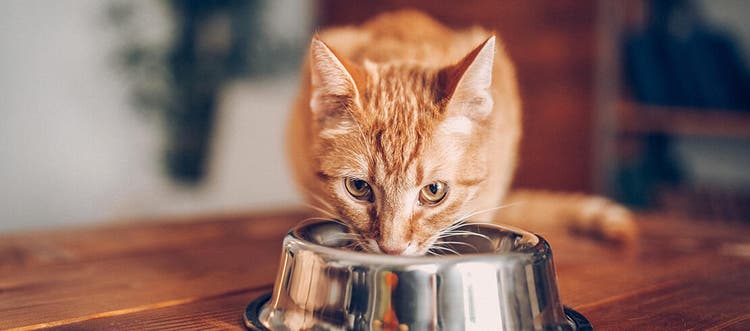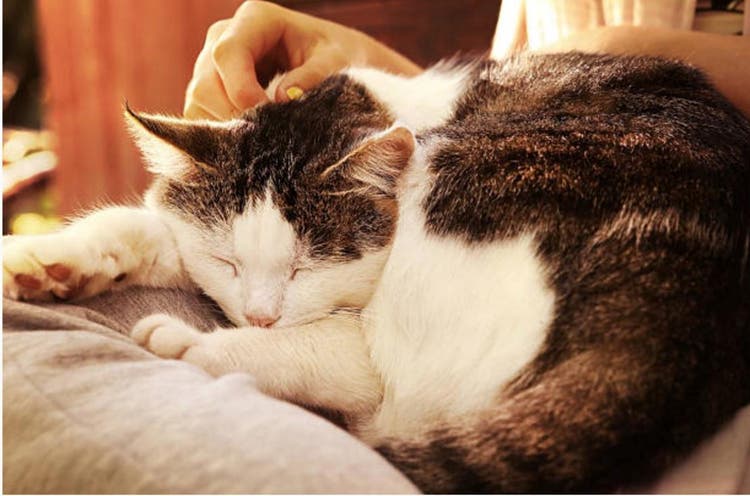Reviewed by Dr Abbie Lam DVM
If you’re thinking of getting a puppy or kitten, a rescue centre could be the right option for you. Find out everything you need to know about adopting from one of these organisations.
Adopting a puppy or kitten: common questions and answers
Could rescuing a kitten or puppy be right for you? Learn what you need to know with our list of common questions and answers about adoption.
Why should I rescue a puppy or kitten?
Adopting from a shelter or rescue centre, rather than purchasing a puppy or kitten from a breeder, is a fantastic choice for several reasons:
- It provides a forever home for a homeless animal
- It saves lives by freeing up space in the rescue centre to house even more surrendered animals
- Rescue centres usually take special care to match the right animal to the right home
- The initial cost to adopt is typically cheaper than purchasing a pet from a breeder – plus the money goes to supporting the centre and helping other cats and dogs in need
Should I be concerned about a rescue animal’s health?
As well as feeding and housing adoptable pets, rescue centres give kittens and puppies a full health check, routinely treat them for parasites such as fleas, ticks, worms and heartworm, and give them their first vaccinations.
Most animals in rescue centres will be neutered if they are old enough, or the centre will stipulate desexing as a condition of adoption. Rescue centres will also alert you to any current or past health issues, and many will not allow a puppy or kitten to be adopted if they are in poor health.
When can I take a kitten or puppy home from a rescue?
Kittens and puppies can usually be taken home by the time they are 12 weeks old. The exact age you will be able to adopt them varies slightly from centre to centre. Ideally, the kitten or puppy will be with their mother at the rescue centre until they reach this age.
It may be possible to adopt the mother or father of the litter. An adult cat or dog is likely to be more mellow than a kitten or puppy and may make a great addition to your home.
Read our tips on introducing a rescue pet to your home.
How can I find the right pet for my family and lifestyle?
The rescue centre will help match you with the right dog or cat. Every rescue centre wants a happy outcome for all its animals, and the key is finding the right animal for the right home.
You can view the available animals at most rescue centres in online galleries on their websites. Additionally, many centres offer a consultation service with their experts to find the right match for you.
The centre will ask you questions about your house, family lifestyle and what you are looking for to make the best fit. All family members will likely be asked to visit the puppies and kittens at the rescue centre to ensure the chemistry is right.
Training and socialising your new puppy is very important to shaping a well-behaved dog. Kittens and cats need training too, such as how to use a cat flap, litter training and using a scratching pole.
If I have young children, can I still adopt a puppy or kitten?
Young dogs and cats have soft bones that are still forming, making them vulnerable to playful hands or overzealous squeezes. As a result, some rescue centres have stipulations on pairing puppies or kittens with families with toddlers and young children.
Many adult or senior dogs and cats are also in need of a home, and many may be good with young children depending on individual temperament and experience as compared to untested puppies and kittens. Make sure not to overlook adult and senior animals, as some of them may be very good with young children and will be suitable for your family!
However, most centres are happy to place puppies or kittens into families with young children, although they will likely ask that all family members visit the centre to meet their potential pet.
As a general rule, it is a good idea to supervise young children around cats and dogs.
What are my options outside of animal rescue centres?
Of course, there are other options available to getting a kitten or puppy beyond a rescue centre, and the decision is a personal one. For example, reputable, licensed breeders are always an option for getting a new pet. Read our guide on buying a puppy from a breeder. Kittens and puppies may also become available from friends or neighbours with an unwanted litter. In this instance, remember not to take the kitten or puppy away from their mother too early (not before 8 weeks). You will also need to contact a vet to schedule a general health screening, vaccinations, parasite prevention and, when your kitten or puppy is old enough, desexing.



